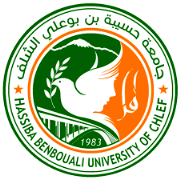The Negative Cross-Linguistic Influence of Arabic on the English Written Productions of Algerian Novice Learners
DOI:
https://doi.org/10.70204/jlt.v5i1.439Parole chiave:
Arabic interference, contrastive analysis, English written output, error analysis, interlingual errors.Abstract
This study explores the impact of Arabic on the English written output of Algerian pupils. It focuses primarily on disclosing the nature of the influence on the levels of lexis, grammar, and writing conventions of English and attempts to identify the main sources responsible for such linguistic deviations. The methodology involves a qualitative, corpus-based study of written compositions from 98 fourth-grade pupils at an Algerian middle school. The analysis was conducted through the adoption of error analysis and thematic analysis techniques while incorporating aspects of contrastive analysis to detect the sources of interlingual errors. The results revealed that Arabic influences English writing through script code-switching and transliteration, as well as impacting idiomatic choices, leading to significant lexical and semantic divergences. Errors stemming from grammatical differences, such as article omission, copula dropping, and future tense formation, highlighted the contrasts between the Arabic synthetic structures embedded with morphological inflections and English analytic patterns. Additionally, the study identified errors involving prepositions, such as unnecessary additions influenced by Arabic, and writing convention mistakes, including improper capitalization. The findings highlight the necessity of developing strategies to increase learners' awareness of Arabic cross-linguistic interference, thereby enhancing their writing proficiency.













